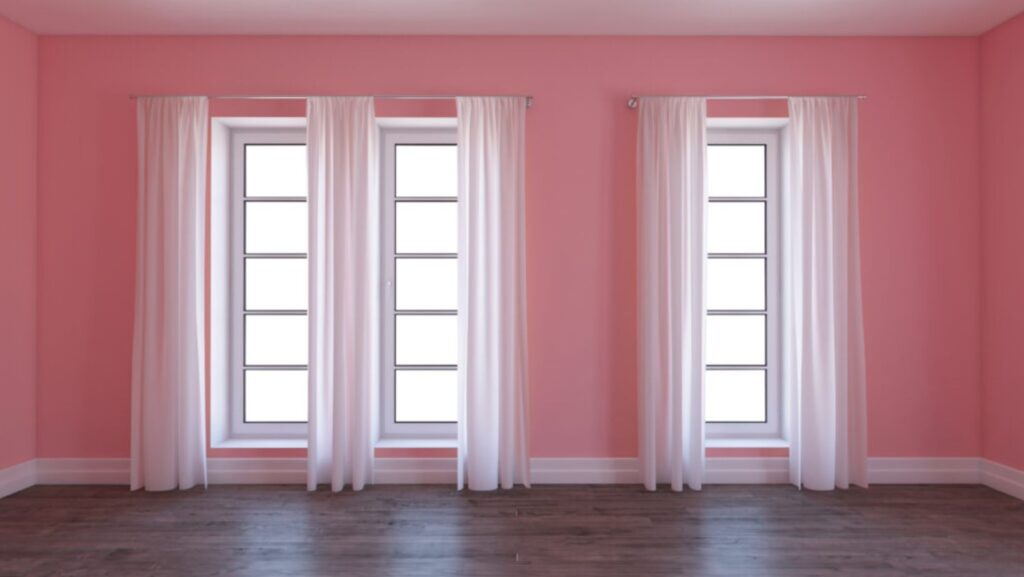Windows play a vital role in your home, offering much more than just a view of the outside world. They allow natural light to fill your rooms, provide ventilation, and contribute to the overall aesthetic of your house. Choosing the right windows can improve your home’s energy efficiency, enhance its curb appeal, and even increase its value.
Over time, windows can start to show signs of wear and tear. You might notice drafts, difficulty in opening or closing, or even condensation between the panes. These issues can lead to higher energy bills, discomfort, and a less secure home. Recognizing when it’s time to replace your windows is the first step toward making your home more comfortable and energy-efficient.
If you’re unsure where to begin, reputable contractors, like Krech Exteriors, can help you navigate the process. They can provide expert advice on the types of windows that will work best for your home, ensuring you make an informed decision.
In this guide, we’ll explore the impact of windows in a home, the signs that it’s time to replace them, and offer a step-by-step guide to choosing the right windows for your needs.
The Impact of Windows in a Home
Windows have a significant impact on various aspects of your home. Here’s why they’re so important:

- Energy Efficiency: Good windows help keep your home warm in the winter and cool in the summer by reducing heat loss and gain. This can lead to lower energy bills and a more comfortable living environment.
- Natural Light: Windows allow natural light to enter your home, creating a bright and welcoming atmosphere. The right windows can help you make the most of this natural light, reducing the need for artificial lighting during the day.
- Ventilation: Properly designed windows can improve airflow in your home, helping to remove stale air and bring in fresh air. This can improve indoor air quality and make your home more pleasant to live in.
- Aesthetics: Windows are a key design element that can greatly affect the look and feel of your home. The right windows can enhance your home’s exterior, add character, and complement your overall design style.
- Home Value: High-quality windows can increase the value of your home by improving its energy efficiency, security, and appearance. Potential buyers are often willing to pay more for a home with modern, well-maintained windows.
Signs that It’s Time to Replace Your Windows
Knowing when to replace your windows can save you money and prevent further damage to your home. Here are some signs that it might be time for new windows:

- Drafts: If you feel a draft near your windows, it’s a sign that they are not sealing properly, which can lead to higher energy costs.
- Difficulty Operating: Windows should open and close easily. If they’re sticking or require effort to operate, it may be time for a replacement.
- Condensation Between Panes: If you notice condensation or fogging between the glass panes, it’s a sign that the window seal is failing, which affects insulation.
- Increased Energy Bills: Older windows may not be energy-efficient, leading to higher heating and cooling costs.
- Visible Damage or Decay: Cracks, warping, or rotting frames are clear indicators that your windows need to be replaced.
- Outside Noise: If outside noise is more noticeable, your windows may not be providing adequate sound insulation.
Step-by-Step Guide to Choosing the Right Window
Selecting the right windows for your home involves several key considerations. Here’s a step-by-step guide to help you make the best choice:
1. Determine Your Needs
- Assess the primary reasons for replacing your windows, whether it’s for energy efficiency, aesthetic improvements, or better functionality.
- Consider the climate you live in, as this will influence the type of window that is best for your home.
2. Set a Budget
- Determine how much you’re willing to spend on new windows. Keep in mind that while high-quality windows may cost more upfront, they can save you money in the long run through energy savings and reduced maintenance.
3. Choose the Right Material
- Vinyl: Affordable, low-maintenance, and energy-efficient. A popular choice for many homeowners.
- Wood: Offers a classic look and excellent insulation, but requires more maintenance.
- Aluminum: Durable and strong but less energy-efficient than other materials.
- Fiberglass: Extremely durable, energy-efficient, and low-maintenance, but expensive.
4. Select the Window Style
- Double-Hung: Traditional style with two sashes that slide up and down.
- Casement: Hinged on one side and open outward with a crank. Great for ventilation.
- Bay and Bow: Extend outward from the home, creating more space and allowing more light.
- Sliding: Move horizontally and are easy to operate, ideal for spaces with limited space.
5. Consider Energy Efficiency Features
- Look for windows with Low-E glass, which helps reduce energy loss by reflecting heat.
- Double or triple-pane windows offer better insulation than single-pane windows.
- Gas-filled windows, such as those with argon or krypton, provide extra insulation.
6. Focus on Installation
- Proper installation is crucial for the performance of your new windows. Work with a reputable contractor to ensure the windows are installed correctly and according to manufacturer specifications.
7. Check Warranties
- Check the warranties offered by both the window manufacturer and the installer. A warranty can provide peace of mind and protect your investment.
Conclusion
Choosing the right windows for your home is a significant decision that can impact your comfort, energy efficiency, and overall satisfaction with your living space. With the right information, you can make an informed choice that will benefit your home for years to come.
When in doubt, consulting professionals can help you navigate the process and ensure you choose the best window for your needs.
